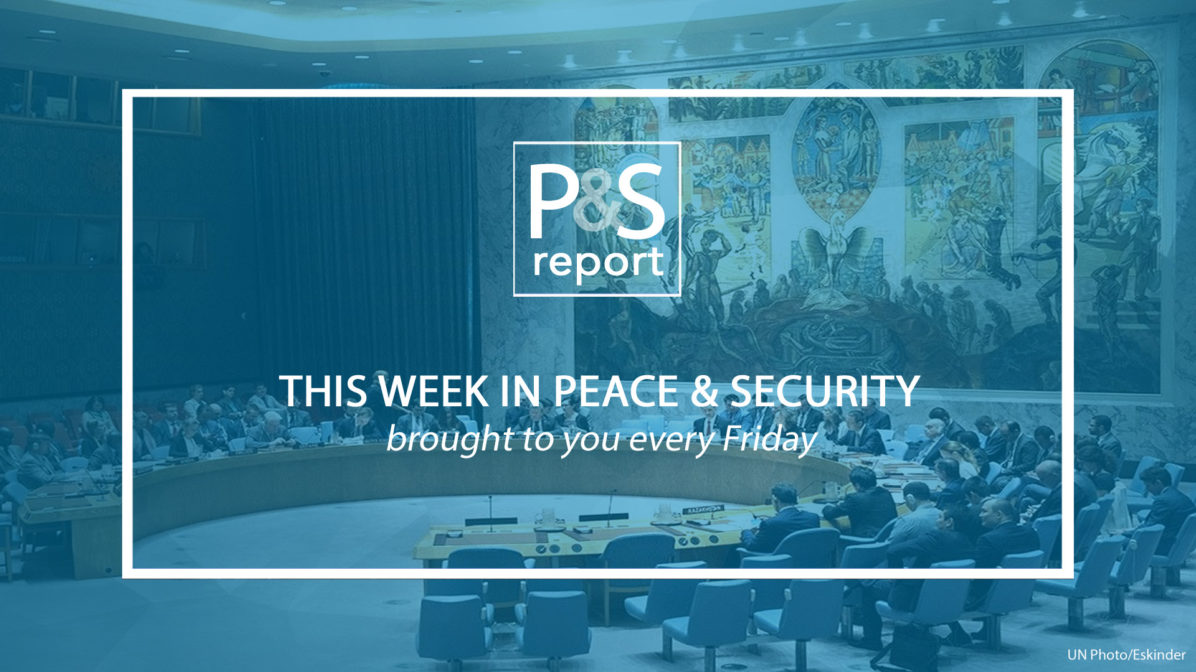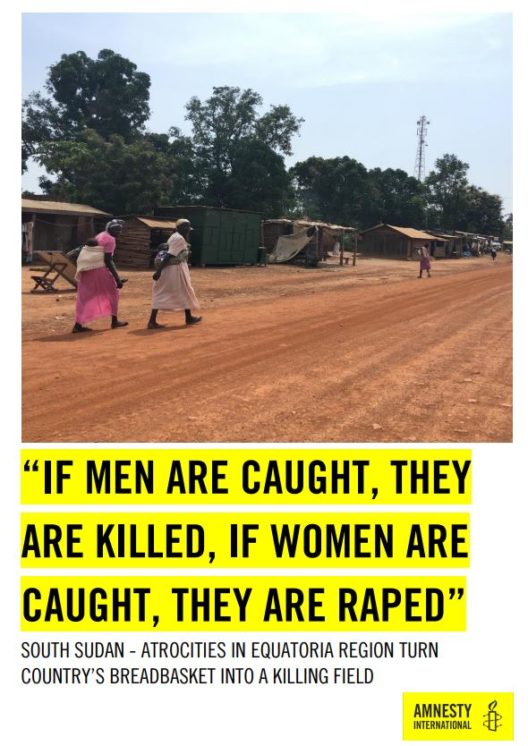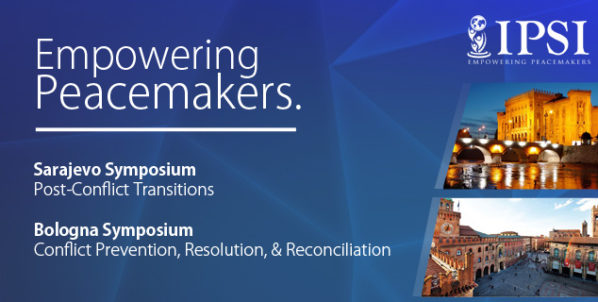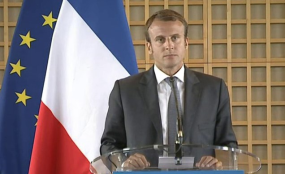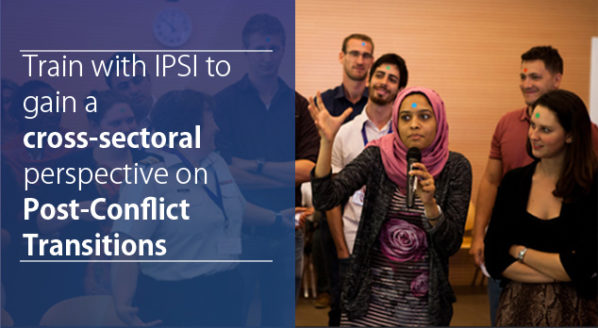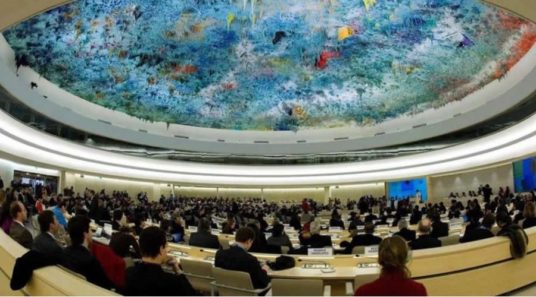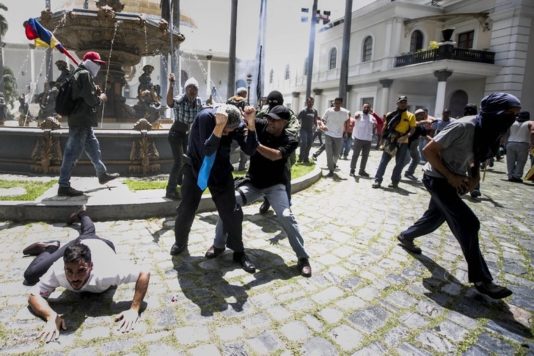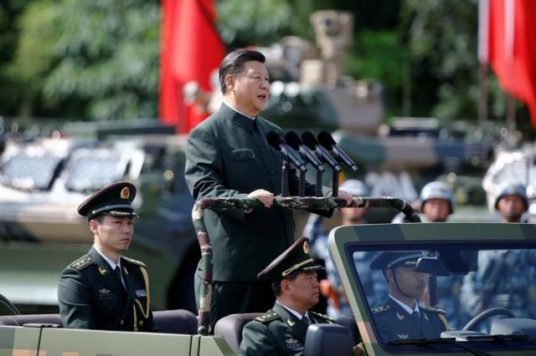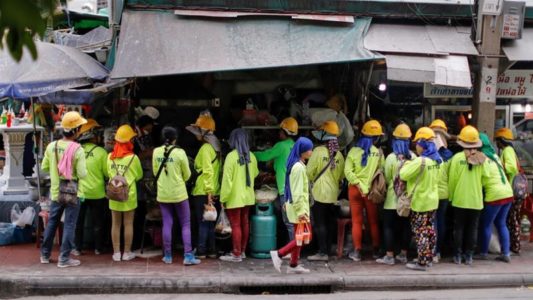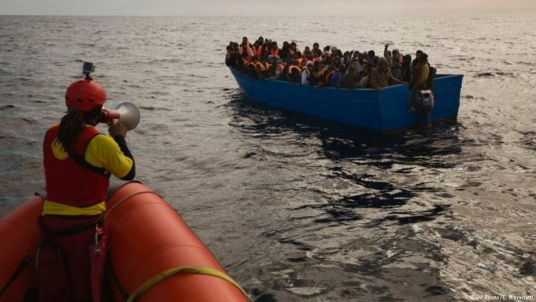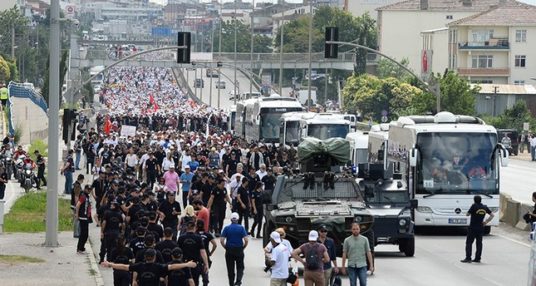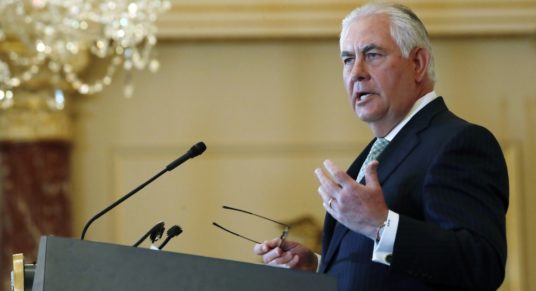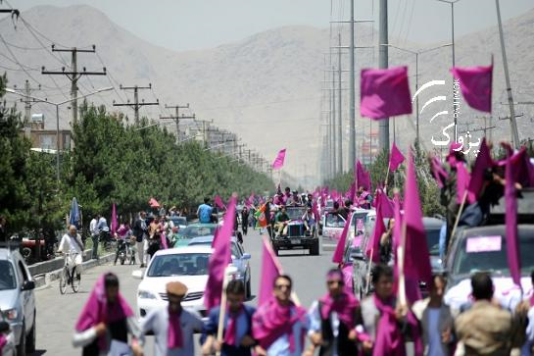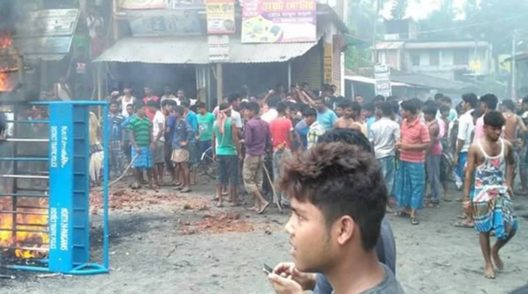| |
COTE D’IVORE: UN peacekeeping mission expires
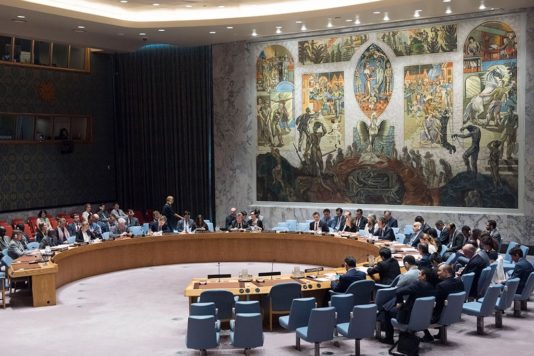
|
|
On Friday, the UN closed its Ivory Coast peacekeeping mission (UNOCI) established in 2004 to monitor a cease-fire agreement, two years after a failed coup attempt that led the country to a civil war between the northern rebels and troops loyal to former President Gbagbo. The Ivory Coast has enjoyed six years of relative peace and security since the 2010-2011 post-election crisis; however, some human rights groups are concerned that peace may not prevail if the government does not start addressing issues of impunity, rule of law, and reforming security forces. While former President Laurent Gbagbo and former militia leader Charles Blé Goudé are on trial before the International Criminal Court for alleged crimes against humanity, army commanders have not been held accountable. Comment: UNOCI was originally tasked with guiding the country to a presidential election after which it declared the northern opposition leader, Alassane Ouattara, the winner based on election outcomes. After Gbagbo refused to step down, 3,000 people died in civil war. Analysts and diplomats fear further unrest as the country heads to its 2020 presidential election. The Ivory Coast is the first of three missions set to close this year. As of March, 2017, there are 15 active UN peacekeeping missions. The UN missions in Haiti and Liberia will also expire this year. (AllAfrica, Reuters, HumanRightsWatch, UN)
|
|


